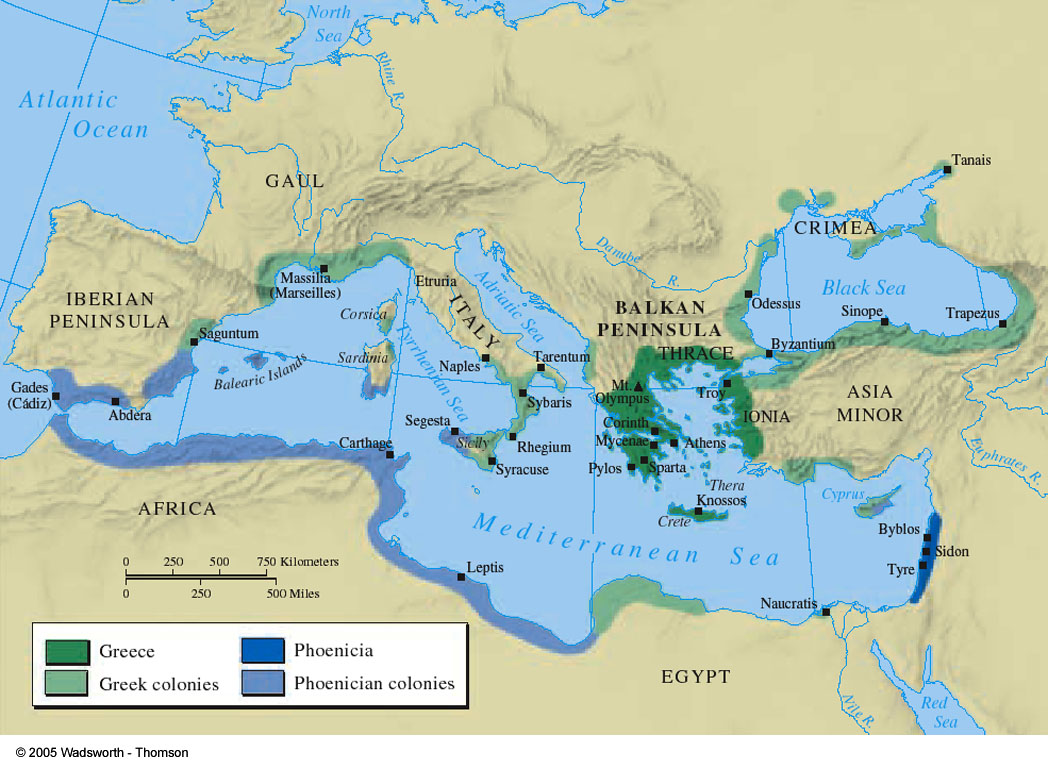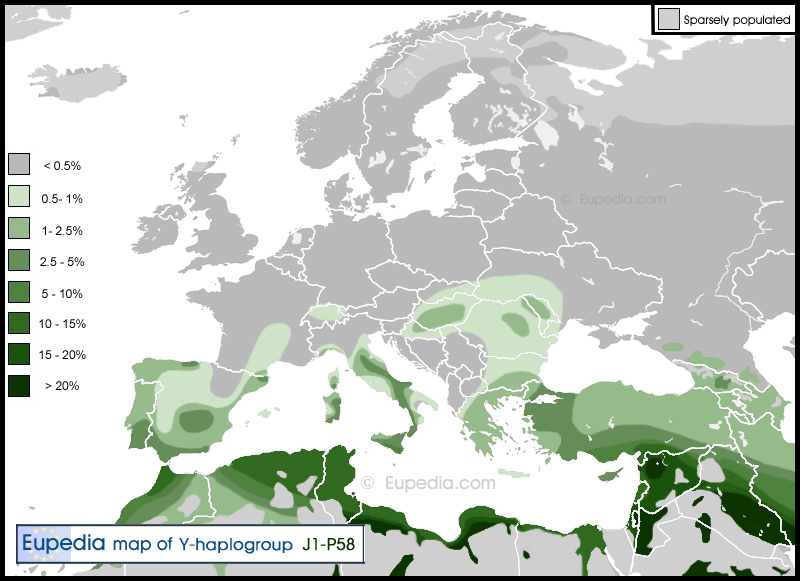Seanp
Banned
- Messages
- 179
- Reaction score
- 30
- Points
- 0
- Ethnic group
- Neapolitan, Swiss, Slavic
This thread is meant to foment discussion on Italian J1 and to detail the current state of knowledge on J1 in the Italian peninsula, so if you have more information on Italian J1, this is the place to talk about it!
Personally, I've recently decided to take a closer look at J1 in Italy, the following is not meant to be an exhaustive description of J1 in Italy but rather, a concise set of observations on J1 in the Italian peninsula. First off, J1 is most common in Southern and South-Central Italy, its frequency collapses somewhat brutally north of Molise, in turn it is more common in the southwestern parts of Italy (Campania, Calabria and Sicily). In Sicily, there are two J1 "hotspots", so to speak, one around the Palermo and Trapani provinces and another one in the east of the island.
Most of the J1 in Italy (especially in Sicily) is under YSC76, there's a certain amount of diversity even at this level though, at least two branches can be labeled Phoenician at this stage:
Then we have at least one Jewish branch under YSC76 (M9119) found in an individual from Palermo as well as a Sicilian individual belonging to a branch under YSC76 which is probably Arabian in origin (FGC8224>FGC8223>BY66>BY86>ZS1585).
A couple of samples belong to FGC1723 (including FGC4422), which is a typically Arabian marker (not under YSC76), this seems restricted to Enna and Messina however.
The other branches of J1 have a more widespread distribution throughout Italy, at least three other markers are likely to be Phoenician or Levantine in origin, this includes:
There are also a few typically Jewish lineages, such as ZS10589 (under PF7263) and ZS227 (most of it is under Z18271) found a little bit all over the place, namely in Calabria, in Campania and in Palermo, some of this seems to be fairly recent in origin however I could be wrong on this (this could also count for M9119, the Jewish branch under YSC76 mentioned above).
While I am mainly talking about clusters which can tentatively assigned to a specific origin, this largely underestimates the diversity of J1 in Italy, in fact there are several Italian individuals assigned to basal branches of YSC234 (ZS241* and L858*).
Some cases are more puzzling, especially in Sicily where we find Z2223 (around Corleone) and Z1828* (around Palermo). There also is a decent amount of lineages that seem to be Armenian, Syrian or Mesopotamian in origin, including Z1842>ZS3089 (found in Palermo) and CTS1460 (found in Messina and Syracuse) though the former (ZS3089) is unlikely to be Armenian IMO.
Personally, I've recently decided to take a closer look at J1 in Italy, the following is not meant to be an exhaustive description of J1 in Italy but rather, a concise set of observations on J1 in the Italian peninsula. First off, J1 is most common in Southern and South-Central Italy, its frequency collapses somewhat brutally north of Molise, in turn it is more common in the southwestern parts of Italy (Campania, Calabria and Sicily). In Sicily, there are two J1 "hotspots", so to speak, one around the Palermo and Trapani provinces and another one in the east of the island.
Most of the J1 in Italy (especially in Sicily) is under YSC76, there's a certain amount of diversity even at this level though, at least two branches can be labeled Phoenician at this stage:
- ZS6057, Palermo (matches in Lebanon and Aleppo).
- FGC8216 (including FGC8195), Palermo (matches a Lebanese "Sahely", this name literally means "from the coast" in Arabic), also found in individuals from Catania and Potenza.
Then we have at least one Jewish branch under YSC76 (M9119) found in an individual from Palermo as well as a Sicilian individual belonging to a branch under YSC76 which is probably Arabian in origin (FGC8224>FGC8223>BY66>BY86>ZS1585).
A couple of samples belong to FGC1723 (including FGC4422), which is a typically Arabian marker (not under YSC76), this seems restricted to Enna and Messina however.
The other branches of J1 have a more widespread distribution throughout Italy, at least three other markers are likely to be Phoenician or Levantine in origin, this includes:
- L829 (comprising PF4852) which is found in Calabria and Campania (Salerno & Avellino), L829 is found in the coastal parts of the Levant (Lebanon, including among the Druze, and Ashkelon).
- Z18292>ZS2589(>ZS2566) which is found in Calabria, Campania (Salerno again) and Frosinone, these samples have matches from the Balearic islands, Seville, Tunisia, Israel and Lebanon.
- FGC4745 which is found in Campania (Salerno and Avellino), several Palestinian Christians belong to a branch of FGC4745.
There are also a few typically Jewish lineages, such as ZS10589 (under PF7263) and ZS227 (most of it is under Z18271) found a little bit all over the place, namely in Calabria, in Campania and in Palermo, some of this seems to be fairly recent in origin however I could be wrong on this (this could also count for M9119, the Jewish branch under YSC76 mentioned above).
While I am mainly talking about clusters which can tentatively assigned to a specific origin, this largely underestimates the diversity of J1 in Italy, in fact there are several Italian individuals assigned to basal branches of YSC234 (ZS241* and L858*).
Some cases are more puzzling, especially in Sicily where we find Z2223 (around Corleone) and Z1828* (around Palermo). There also is a decent amount of lineages that seem to be Armenian, Syrian or Mesopotamian in origin, including Z1842>ZS3089 (found in Palermo) and CTS1460 (found in Messina and Syracuse) though the former (ZS3089) is unlikely to be Armenian IMO.



